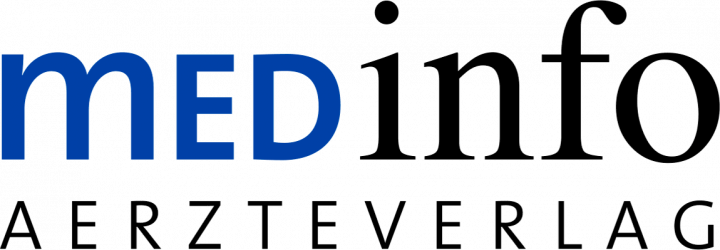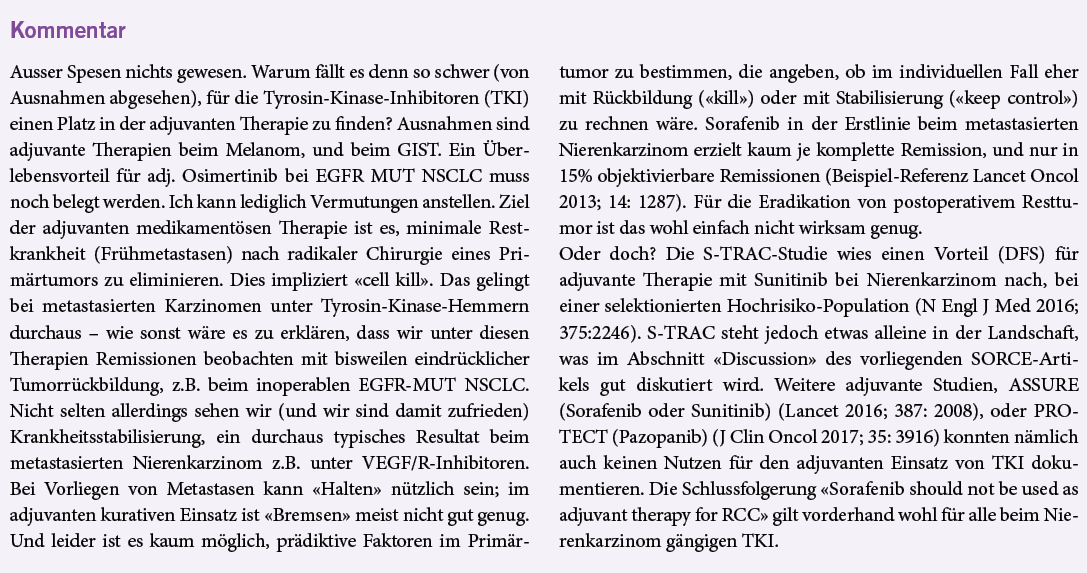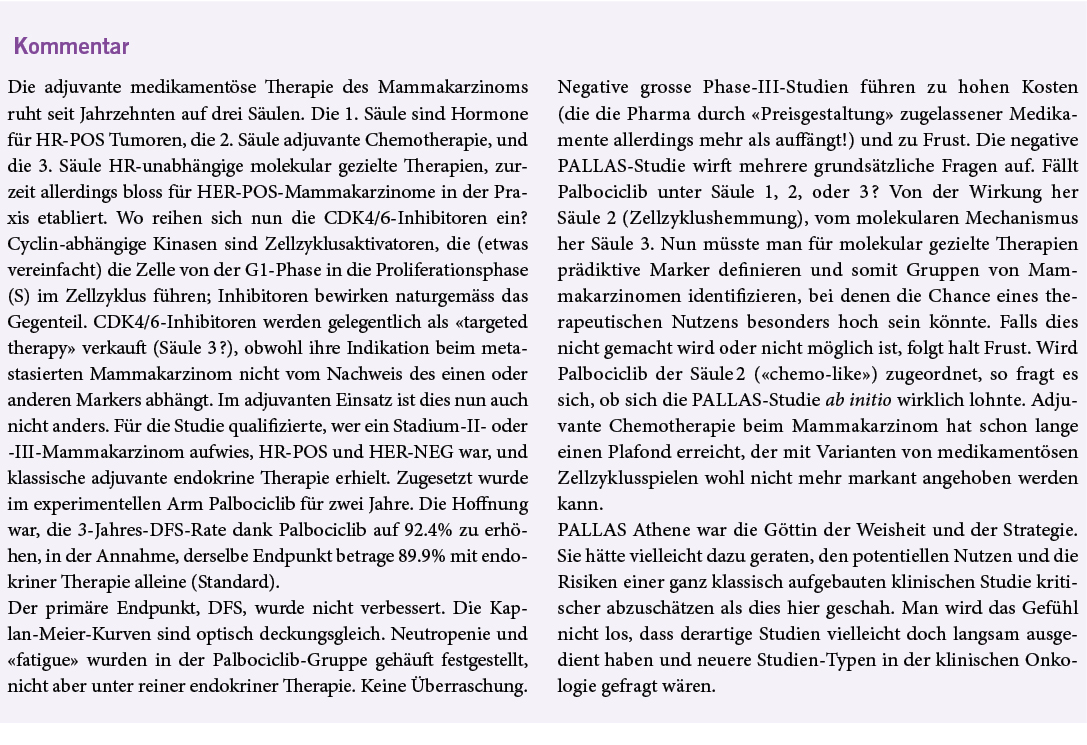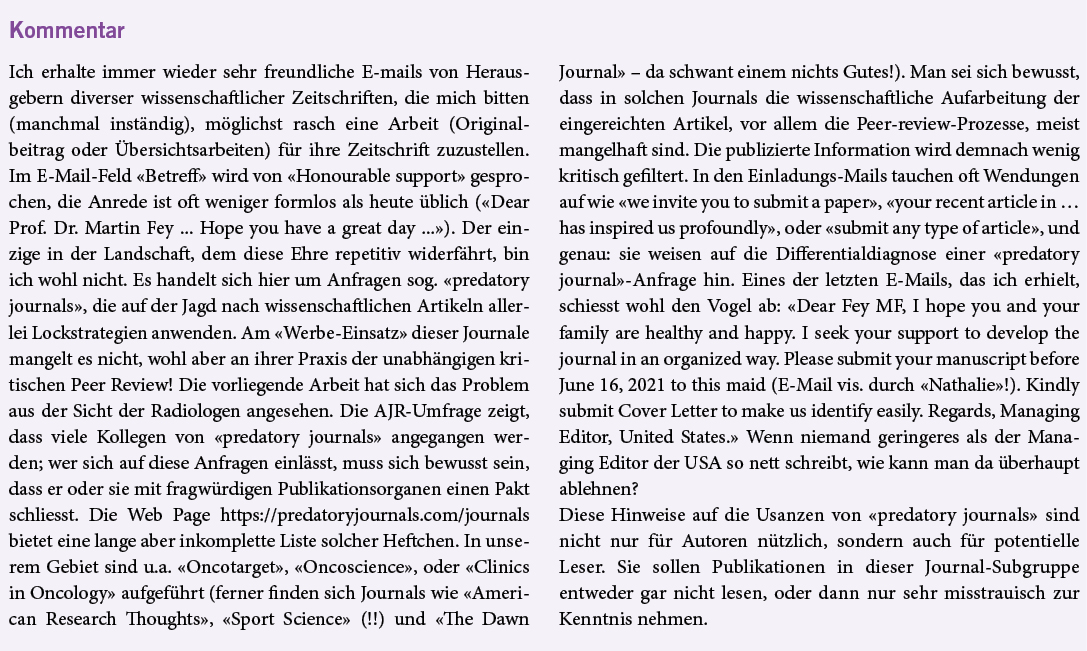- «Kein Platz für Tyrosin-Kinase-Inhibitoren in der adjuvanten Therapie?»
Eisen T et al. Adjuvant sorafenib for renal cell carcinoma at intermediate or high risk of relapse: results from the SORCE randomized phase III Intergroup trial. J Clin Oncol 2020; 38: 4064-4075.
Zusammenfassung: SORCE is an international, randomized, double-blind, three-arm trial of sorafenib after surgical excision of primary renal cell carcinoma (RCC) at intermediate or high risk of recurrence. We randomly assigned participants to 3 years of placebo (arm A), 1 year of sorafenib followed by 2 years of placebo (arm B), or 3 years of sorafenib (arm C). Conclusion: Sorafenib should not be used as adjuvant therapy for RCC. Active surveillance remains the standard of care for patients at intermediate or high risk of recurrence after nephrectomy.
«Palbociclib nicht besser als die endocrine Therapie bei rezeptorpositivem, HER2-negativem Mammakarzinom im Frühstadium»
Mayer EL et al Palbociclib with adjuvant endocrine therapy in early breast cancer (PALLAS): interim analysis of a multicentre, open-label, randomised, phase 3 study. Lancet Oncol 2021; 22: 212–22
Zusammenfassung: The PALLAS trial aimed to investigate whether in patients with hormone-receptor-positive, HER2-negative, early-stage breast cancer the addition of 2 years of palbociclib to adjuvant endocrine therapy improves invasive disease-free survival over endocrine therapy alone. 3-year invasive disease-free survival was 88·2% (95% CI 85·2–90·6) for palbociclib plus endocrine therapy and 88·5% (85·8–90·7) for endocrine therapy alone (hazard ratio 0·93 [95% CI 0·76–1·15]; log-rank p = 0·51). At the planned second interim analysis, addition of 2 years of adjuvant palbociclib to adjuvant endocrine therapy did not improve invasive disease-free survival compared with adjuvant endocrine therapy alone. This regimen cannot be recommended in the adjuvant setting.
Irgendwie, so scheint es mir, bin ich diesmal über lauter negative grosse Studien gestolpert. Einen Lichtblick musste ich demnach finden. Und hier ist ein kleiner:
«Tisotumab-Vedotin – ein klinischer Fortschritt in der Therapie des metastasierten Zervixkarzinoms?»
Coleman RL et al. Efficacy and safety of tisotumab vedotin in previously treated recurrent or metastatic cervical cancer (innovaTV 204/ GOG-3023/ENGOT-cx6): a multicentre, open-label, single-arm, phase 2 study. Lancet Oncol 2021; 22: 609–19
Zusammenfassung: Tisotumab vedotin showed clinically meaningful and durable antitumour activity with a manageable and tolerable safety profile in women with previously treated recurrent or metastatic cervical cancer. Given the poor prognosis for this patient population and the low activity of current therapies in this setting, tisotumab vedotin, if approved, would represent a new treatment for women with recurrent or metastatic cervical cancer.
«Publikationen in «predatory journals»: entweder gar nicht lesen, oder dann nur sehr misstrauisch zur Kenntnis nehmen»
van den Berg R et al. A solution to academic radiology’s experience with solicitation E-mails from predatory journals. Amer J Radiol 2021; 216: 233–240
Zusammenfassung: The objective of our study was to help academic researchers avoid predatory publishers by characterizing the problem with respect to radiology and medical imaging and to test an intervention to address aggressive e-mail solicitation. Of 996 faculty, 206 responded. Most (98%) received e-mails from soliciting publishers. Only 7% published articles with these publishers. Submission reasons were invitations, fee waivers, and difficulty publishing elsewhere. Overall, 94 publishers sent 257 e-mails in 51 days. 6 journals were indexed in PubMed, and 2 had verifiable impact factors. The 6 PubMed-indexed journals had a lower mean publication fee ($824) than top medical imaging journals ($3034) (p < 0.001) and had a shorter mean duration of existence (9.5 vs 49.0 years, respectively; p = 0.005). The e-mail filters captured 71% of soliciting e-mails during the initial 51-day period and 85% during the same period 1 year later. Soliciting publishers have little impact on scientific literature. Academicians can avoid soliciting e-mails with customized e-mail filters.
Bern
martin.fey@insel.ch
Interessenskonflikt: Aktien von Novartis, Roche und Johnson & Johnson










